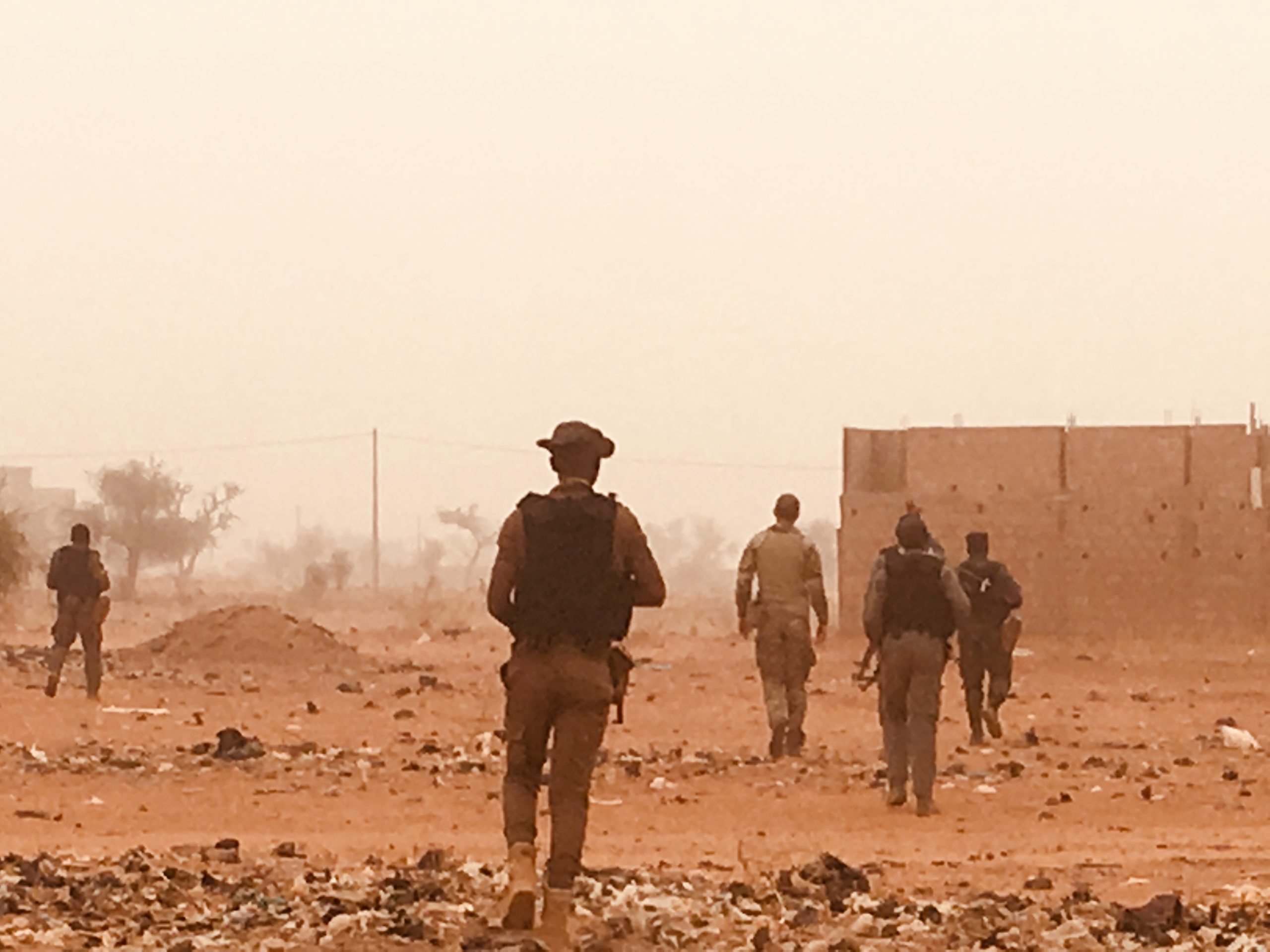
Silence in the Sahel does not Equal Stability

The Sahel is no longer on the frontpages. In the past few years – even in the past few months – the geopolitical context has changed radically. The Russian full-scale invasion of Ukraine understandably turned European attention to the East in 2022. The Israel – Palestine armed conflict which restarted in 2023 and has taken unprecedented proportions has also called for attention, while the last three years of Rwanda- supported rebel invasion in the East of the DRC recently caught the news. In more recent weeks, the new US administration’s deeply disturbing dismantling of national institutions and international order has predictably stolen the headlines. Yet, in the meantime the different crises which have plagued the Sahel over more than a decade are continuing and the situation is worsening.
The military regimes which came to power in the latest coup wave in the Sahel region on the promise of quelling jihadist violence have not been able to deliver on this promise. Instead, jihadist groups are expanding across the region, with deadlier attacks against civilians in Mali, Niger and Burkina Faso, the three states which created the Alliance of Sahelian States (AES) in 2023. The Sahel is today the region in the world which is the most affected by jihadist violence.
The AES countries are also experiencing a deepening authoritarian turn, as the transitions to democratic elections and return to constitutional order have been stalled with continuous extensions of transitional period and repression against opposition voices. These developments are unfolding within a heavily restricted media landscape, where local independent and foreign journalists and news agencies are either silenced through repression or driven into exile, while civil society faces continued intimidation and oppression, including forced military recruitment, arbitrary arrests and in some cases summary executions.
This article analyses the latest developments in the security and political sphere in the Sahel with a focus on the AES states. It examines the expansion of jihadist violence and assesses the political situation. It argues that despite the current geopolitical context and Europe’s decreasing influence, there is still a need for the EU and its member states to stay engaged. It is crucial to closely monitor developments in the region to better grasp the political and security landscape, and potential implications both within and beyond the African continent.
This article is the first of a series of two analyzing the shifting political and security landscape in the Sahel. The next article will examine the AES countries’ shifting regional and international partnerships.
This article was also published in French on Le Rubicon website.
(Photo credit: Nina Wilén)